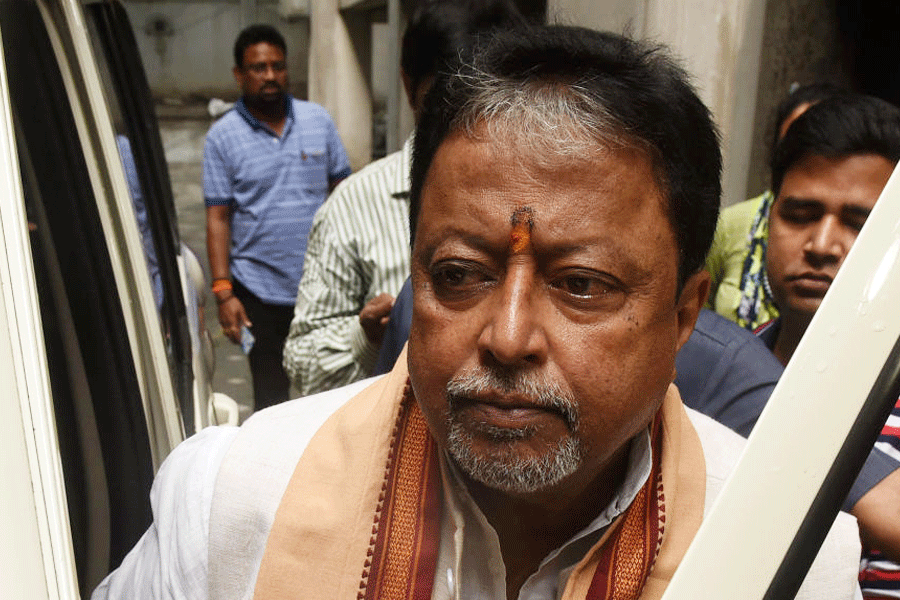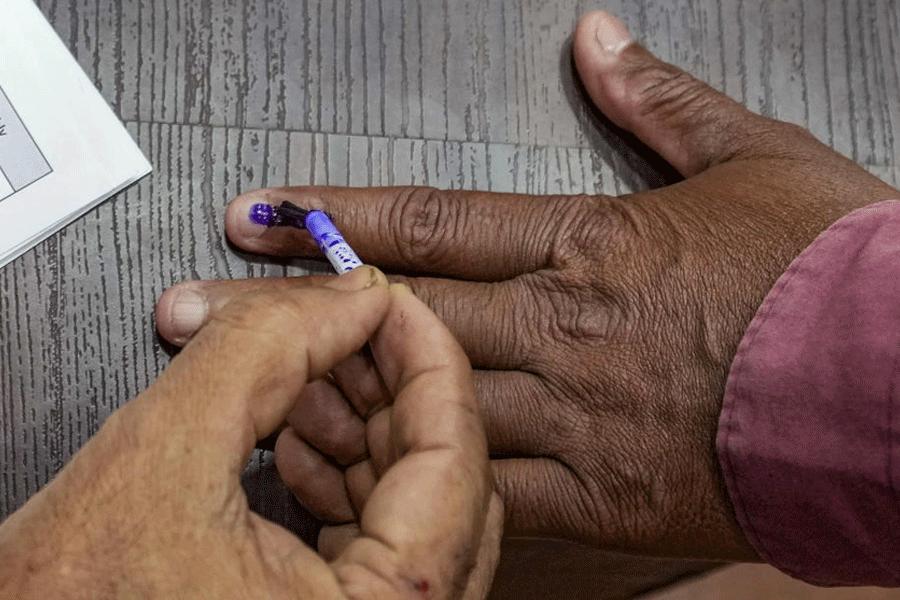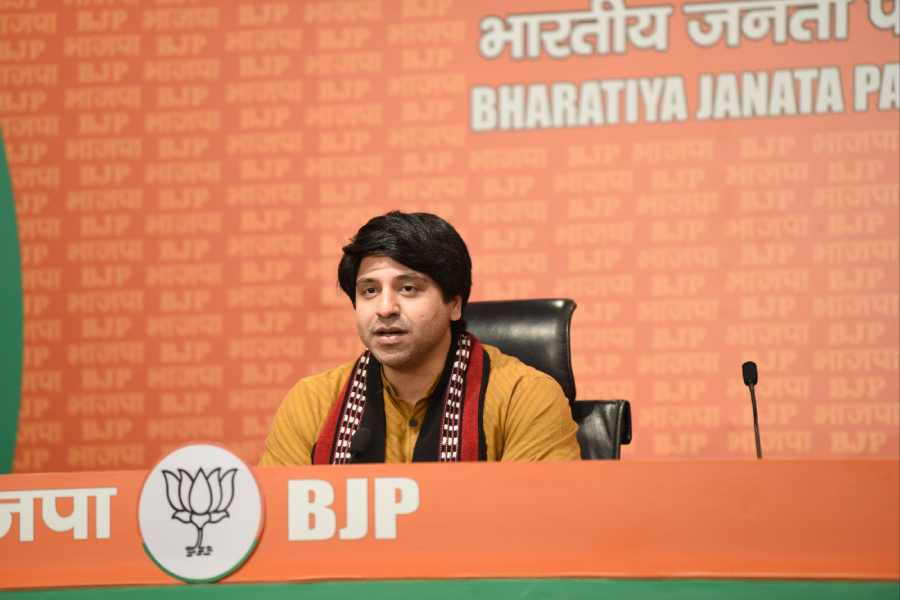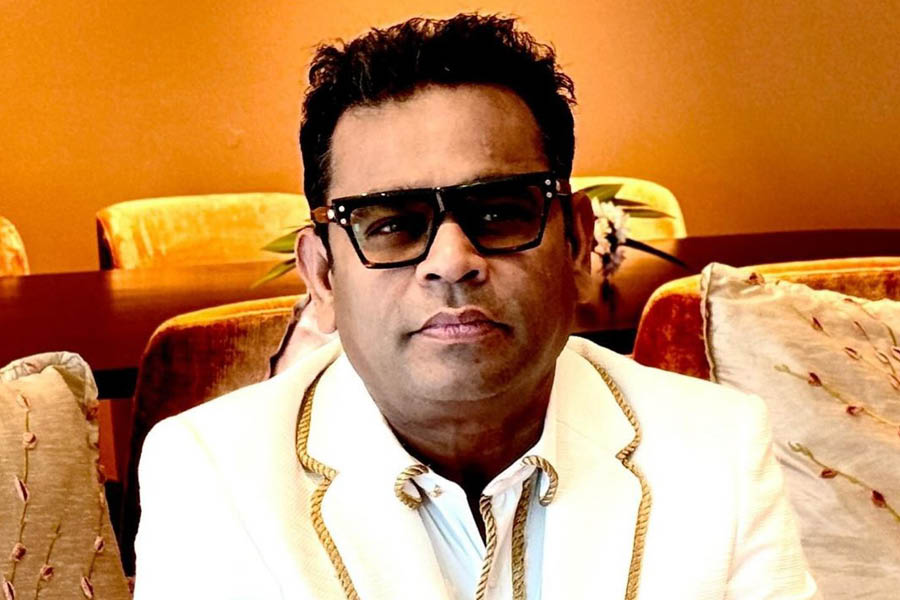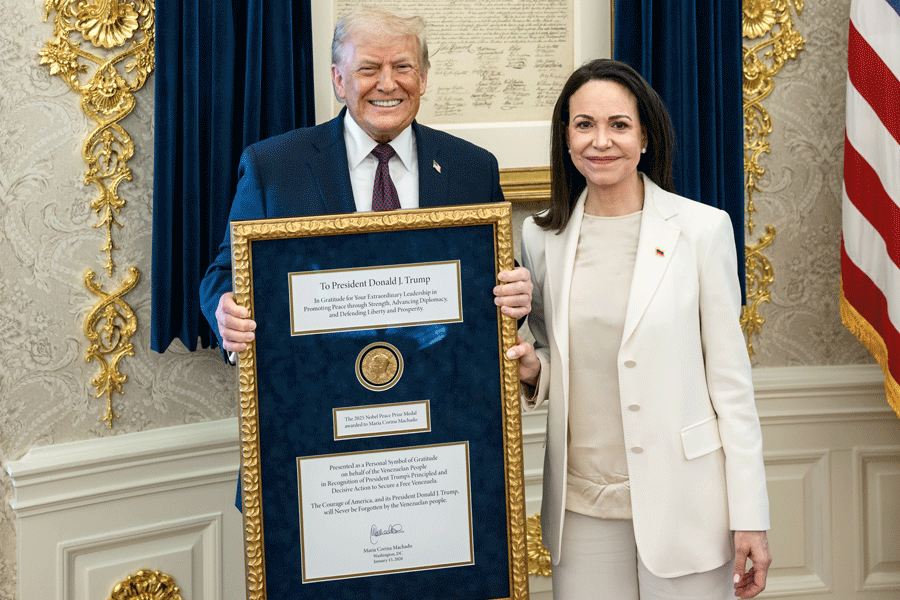 |
 |
 |
| WRITE CHOICE: (From top) Prasoon Joshi, Sayeed Quadri and Neelesh Misra |
One is a successful creative director of an advertising agency, while the other is an insurance agent. The third is a product of the National School of Drama (NSD) and the fourth is a journalist and the writer of the book 173 Hours in Captivity. Not exactly the sort of foursome you would associate with chart-busting Bollywood lyrics. Yet today, adman Prasoon Joshi of McCann-Erickson, LIC agent Sayeed Quadri, actor Piyush Mishra and scribe Neelesh Misra are among the hottest song writers in the Hindi film industry.
Prasoon Joshi has penned such songs as Chand sifarish (Fanaa) or Ru ba ru (Rang de Basanti ) and they have gone all the way to the top of the pops this year. Says Rakyesh Mehra, director of Rang De Basanti, “Joshi’s lyrics have contributed to the popularity of my film songs. The songs are not standalone, but they interpret the film and also take the story forward.”
Of course, though they wear other hats, all these lyricists have always had an inclination for poetry and literature. Joshi, who hails from Almora, Uttaranchal, and has had a long and distinguished career in advertising, has published three books of poetry. In the mid-1990s, he wrote lyrics for the band Silk Route. Then he began to write for singers like Shubha Mudgal. Lyrics for films were a natural progression from there. Joshi takes his songwriting seriously. “I am writing songs for a reason. Songs are immortal. They have a life beyond films.”
As a journalist with Associated Press, Neelesh Mishra has covered big stories like the tsunami disaster of 2004 and has also written two books ? The End of Line and 173 Hours in Captivity. Simultaneously, he had also been writing and composing songs. A chance meeting with Mahesh Bhatt while he was researching a story landed him his very first assignment in a Tanuja Chandra film. Later, he tasted success with Jism, a film for which he wrote the hit song Jaadu hai nasha hai. Says Mishra, “Writing songs is akin to telling a story. My journalistic experiences are reflected in the songs I write.”
As for NSD alumnus Piyush Mishra, he had been adapting Western plays to suit Indian sensibilities and began writing songs for them too. Then he got a break in Anurag Kashyap’s Black Friday, and is now writing the songs and also composing the music for Kashyap’s Gulal.
Sayeed Quadri, on the other hand, is no newcomer to Bollywood. In the early 1990s, he had come to Mumbai looking for work in the film industry. After many rejections, he decided to return to his home town, Jodhpur. In 2001, the Bhatts asked him to write for their film Jism and the rest is history. Now he shuttles between Jodhpur and Mumbai and has written songs for films like Murder, Zeher and Kalyug.
Film makers are delighted with this new crop of lyricists who are delivering hit songs. Industry analysts point out that although there are many people available in the industry for other departments of film making, there are very few quality song writers. Lyricist Javed Akhtar laments that the golden years of song writing were the 1950s and the 1960s and that the quality of lyrics in Hindi films nose-dived from the 1980s to the mid-1990s. “But I must say that there is a desire on the part of these new song writers to bring some freshness to their lyrics,” he says. “But we still have a long way to go.”
But music director Pritam feels that even today, the industry misses a lyricist of the calibre of the late Anand Bakshi who could express complex emotions in simple language. Others are happy with what they have got. Anurag Basu, who has directed films like Murder and Gangster, feels that today’s songs need to be contemporary without compromising on the quality of poetry. And he feels that the new generation of lyricists manages to do just that.
As Joshi remarks: “Writing songs for the young does not mean using phrases like “cool dude” or “yeah man”; it is more about expressing their emotions.” So when Joshi writes Talli hoke girne se samjhi hamne gravity in Rang de Basanti, he feels he is expressing the cocky attitude of today’s youth without misplacing the poetry. Similarly, you have all the directness of youth in Quadri’s lines from the song Bheegey honth in the film Murder ? Kabhi mere saath koi raat guzaar, tujhe subah tak mein karoon pyaar. Says Piyush Mishra, “We have to accept that the MTV generation has arrived in India. Our task should be to write in a manner that connects with them effectively.”
But Akhtar feels that somewhere, the new crop of song writers lack the scholarship of lyricists of yore. “They had the ability to write songs across genres because they had a strong grounding in classical poetry,” he says. Still, Akhtar is happy that the situation is not as bad as it was in the 1990s.
The new lyricists, riding the wave of success, now have their hands full. While Mishra is working on Gulal , Misra is now writing the lyrics for Sanjay Gupta’s film Alibaug. Joshi is also about to start work on a film which will be produced by Aamir Khan. Quadri, on the other hand, is also writing songs for music companies like HMV, apart from writing lyrics for forthcoming films such as Woh Lamhe and Anwar.
However, despite their growing acclaim, none of these new lyricists wants to give up his basic profession. Misra wants to continue being a journalist and a writer and Joshi dismisses the thought of ever giving up advertising.
Chuckles Quadri, “It is easier to sell my policies now, because people back home think I am someone famous in the Hindi film industry.”





